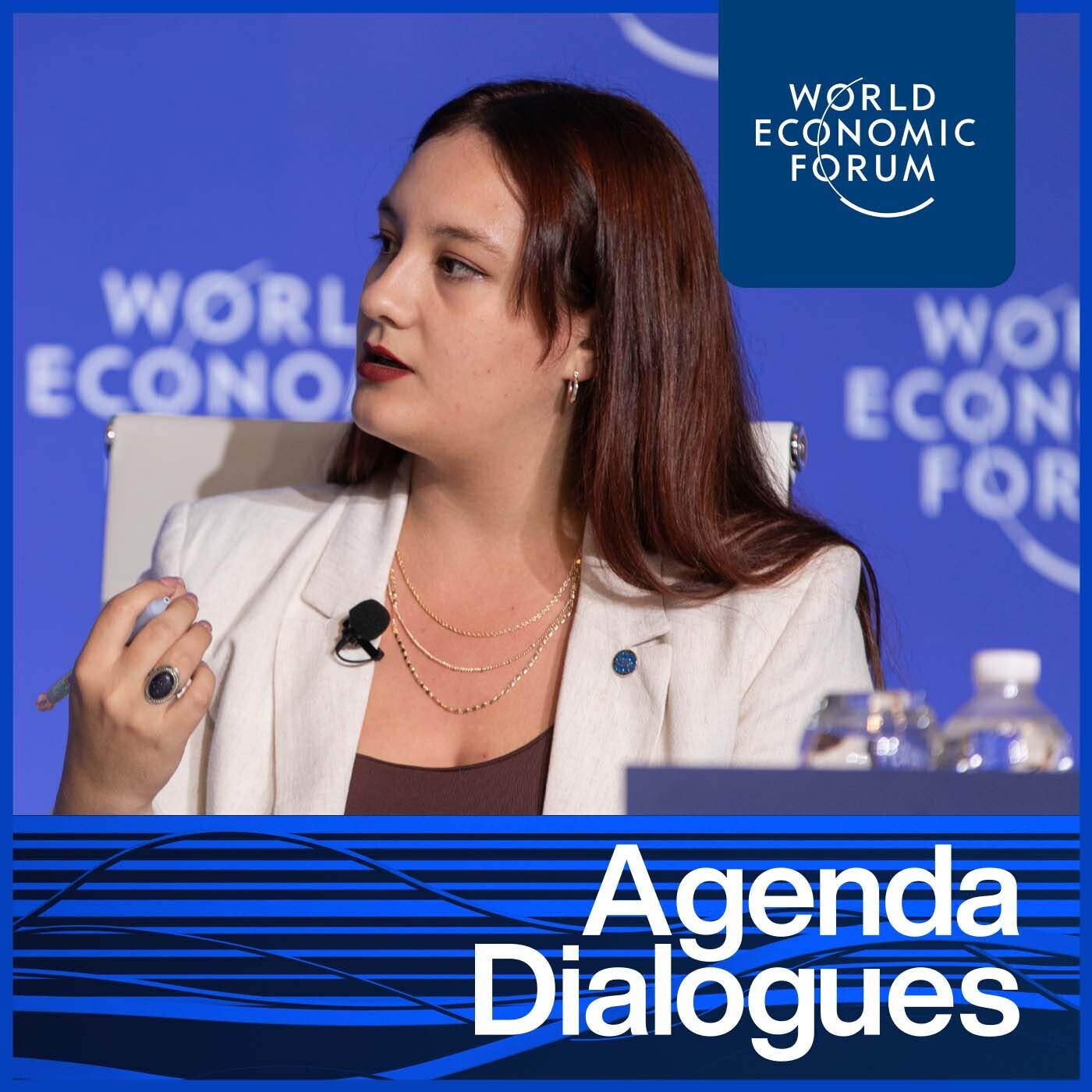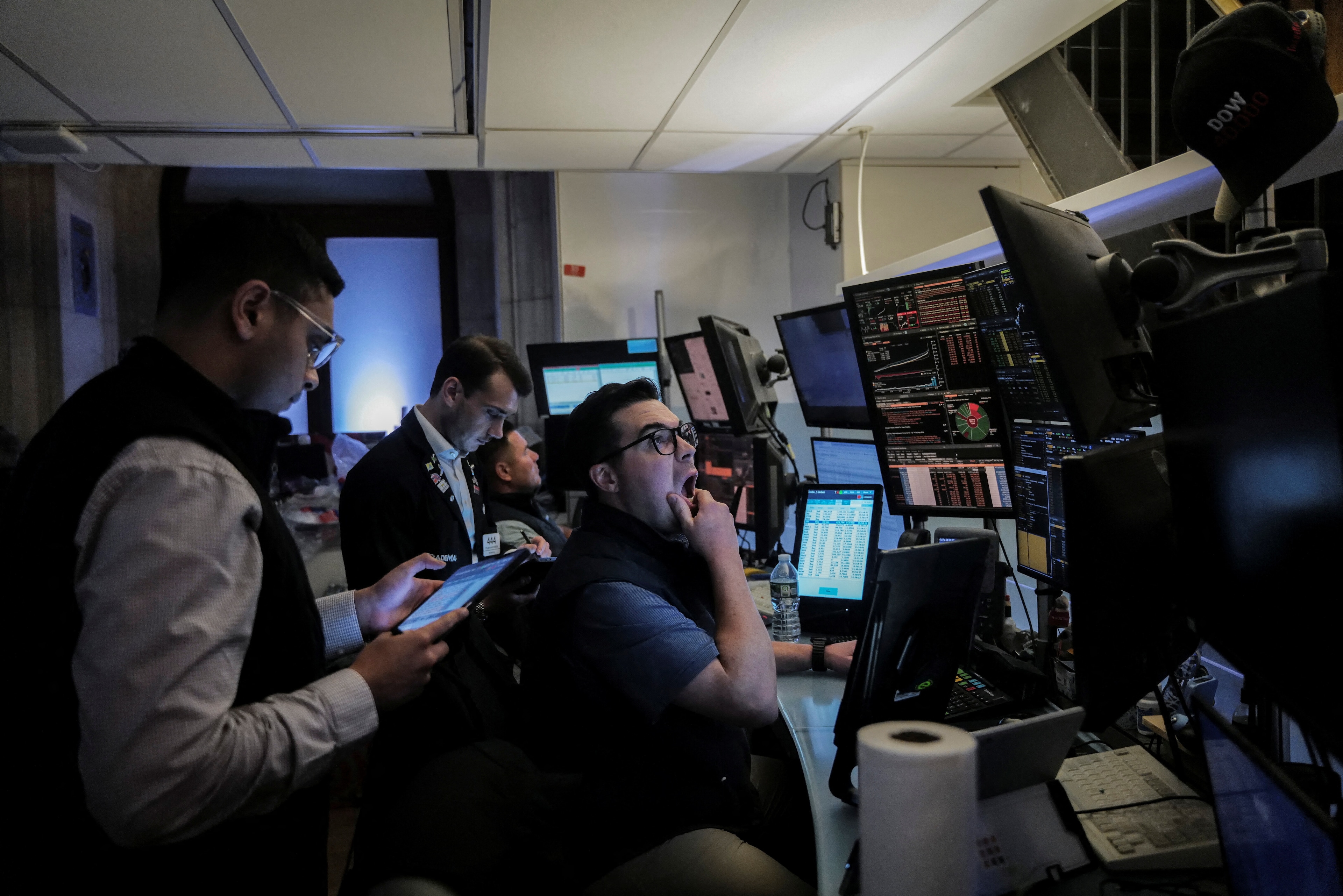5 ways for sustainably minded companies to build a post-pandemic work model

The office may become a purely collaborative space.
Image: Getty Images/iStockphoto
Shankar Raman
Senior Director, Human Capital and Benefits, Global Leader Technology Industry Group, Willis Towers WatsonStay up to date:
Future of Work
Listen to the article
- The pandemic has accelerated workforce trends already in play.
- Moving forward, organizations must balance sustainability with supporting employee needs.
- The wealth of new data from heightened digitalization can drive this transformation.
COVID-19 has transformed the very nature of the employee-employer relationship, accelerating trends that were already in play and calling into question many things we took for granted before the pandemic – such as being required to work on-site. Many employees are fundamentally reconsidering what they want from their careers and how they want to work. And millions are quitting their jobs. Employers are not only trying to determine how to support the individual needs of a diverse workforce but also are reconsidering many of the basics of how work gets done today.
How organizations balance business sustainability with supporting employee needs is key as we create a new post-pandemic normal. Here, we delve into how the way work is getting done is evolving and businesses’ increasing focus on diversity, equity and inclusion (DEI), as well as environmental, social and governance (ESG) issues. Not all of these trends may impact organizations equally, but it's important for employers to take note as they start planning for a sustainable work model in the wake of COVID-19.
1. Hybrid work model
Most employees want to come back to the office in some form. Over the course of the pandemic when most people worked remotely, there seemed to be an uptick in productivity. However, people are increasingly feeling disconnected from their colleagues and workplace, and they want to return to work, typically two or three days a week, according to our 2020 Global Benefits Attitudes Survey. For example, our survey of employees found that almost four in 10 employees (38%) would prefer a mixed on-site/work-from-home experience.
We suggest employers consider preparing hybrid working models to address employee demands. The best way to plan is to first understand the needs of different employee segments and the type of work that's being done. A proactive hybrid work strategy will enable employers to rethink how and where work gets done while continuing to focus on the employee experience. This will strengthen employee engagement and enhance productivity.
2. New priority for the office space
Before the pandemic, more often than not the primary purpose of the office was to serve as a quiet space to do individual work, and secondarily as a place to collaborate and communicate with colleagues. What's becoming clearer, is that the office or workplace will evolve and centre more around collaboration, rather than the traditional quiet environment of individual work. Our Flexible Work and Rewards Survey 2021 found that over a third of employers expect budget reductions in real estate (36%). Almost every organization is planning to retain at least some office space for collaboration.
And what is also becoming increasingly clear is that remote work is good when workers are doing traditional transactional work or even incremental innovation. But doing innovative or transformational work remotely is proving difficult because it requires frequent collaboration. So employers are going to need in-office collaboration to drive transformative innovation through constructive conflict.
3. Acceleration of digitalization
The use of collaborative tools such as Teams and Zoom reflects the acceleration of digitalization. But we’re also seeing an increase in investments in areas such as augmented reality (AR), virtual reality (VR), data and analytics, blockchain and cryptocurrency.
Now, since many are working remotely, we’re leaving a much larger digital “footprint”. The data created can help us drive better decision-making. Companies that use AI-based tools to drive better employee experiences and ensure more personalized experiences will see better results.
Organizations are beginning to use automation and network analysis. The beauty of Teams, Zoom or other collaborative tools is that HR can use data generated from these tools to assess how much time and with whom employees are collaborating, giving a better understanding of networks within an organization and how collaboration is being enabled.
We also expect that digitalization will lead to the development of new business models within existing companies, increased adoption of blockchain and the proliferation of new payment mechanisms, including cryptocurrency.
4. DEI sensitivity
The pandemic has had different impacts and driven distinct experiences among various employee groups – women, people in caregiving roles, people of colour, working parents, lower-income groups etc. Profound questions related to DEI have come to the forefront. As employers start planning for new ways of working, they could unwittingly create inequities on multiple dimensions: pay, benefits and career prospects.
Organizations should monitor the impact of their policies on groups that could be at risk of being treated in an inequitable manner or be impacted by unconscious bias in the workplace. They will also need to prepare managers to be aware of these issues, ensure that they lead in an inclusive way and be aware enough to change flexible working policies that result in inadvertent bias. Employers should be reviewing their rewards offering, and understanding the preferences and impacts of current benefit provisions on different worker cohorts to identify areas for improvement.
5. The ESG imperative
ESG is increasingly becoming a boardroom conversation, with climate change as a central topic. With the recent Intergovernmental Panel on Climate Change report providing dire warnings about the impact of global warming, companies are becoming more conscious about their carbon footprints. Many have announced that they are going to drive toward net-zero carbon emissions.
From our perspective, as companies move to a hybrid work environment, they have to consciously make choices and adopt a strategy toward reducing their carbon footprints and achieving their net-zero ambitions. This could have profound effects on companies’ business models and value chains.
Climate change is also becoming an important narrative of the employee value proposition. Increasingly employees are asking questions such as: What are you doing about climate change? Do you have an active policy? An employer’s answers might impact prospective employee decisions regarding whether they join the organization or not – especially important amid competitive labour markets and many employees quitting their jobs. Similarly, answers to those questions can help retain employees too.
In addition, organizations will come under greater scrutiny in terms of corporate governance and social practices. They will need to take a proactive approach to ESG and increasingly report on ESG metrics that reflect their strategies. In the longer run, successful companies will embed ESG into their business strategies.
Don't miss any update on this topic
Create a free account and access your personalized content collection with our latest publications and analyses.
License and Republishing
World Economic Forum articles may be republished in accordance with the Creative Commons Attribution-NonCommercial-NoDerivatives 4.0 International Public License, and in accordance with our Terms of Use.
The views expressed in this article are those of the author alone and not the World Economic Forum.
Related topics:
Forum Stories newsletter
Bringing you weekly curated insights and analysis on the global issues that matter.
More on Jobs and the Future of WorkSee all
Maha Hosain Aziz
August 20, 2025
Laurel Taylor
August 18, 2025
Antara Choudhury and Vivin Rajasekharan Nair
August 14, 2025
Atul Kumar
August 12, 2025





